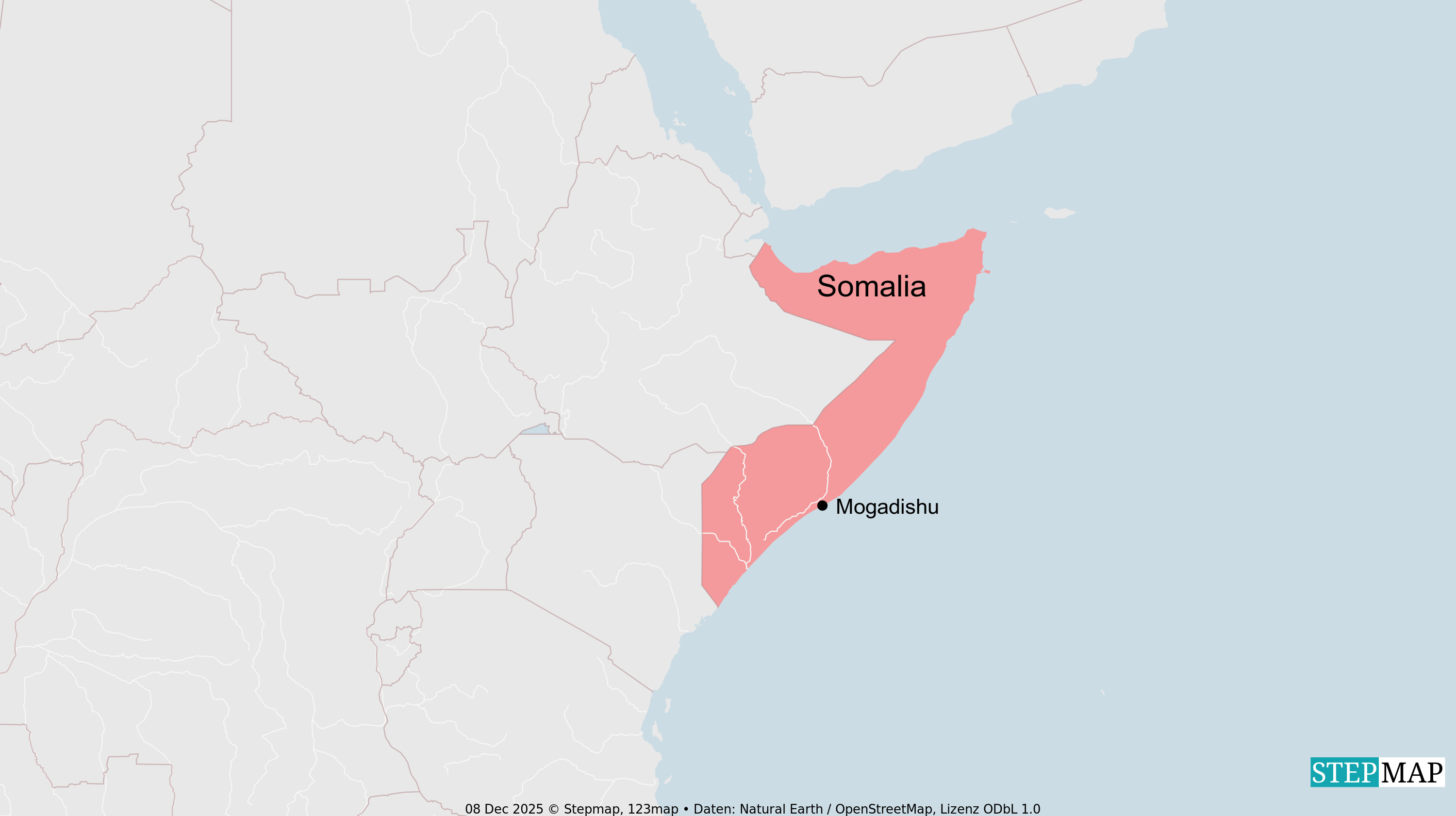Poverty reduction
“Zero hunger” instead of 50 %
The volume of credit available to small farmers in Brazil has increased eight-fold and poverty in rural areas has decreased by 15 %. Behind those successes are programmes such as cash grants for poor households, vaccinations for children and promotion of school enrolment – programmes that have helped around 28 million of a total 192 million population out of poverty. The Food and Agriculture Organisation (FAO) plans to follow Brazil’s example.
The UN organisation works to improve the global production and distribution of agricultural goods and food. One acid test for the FAO is the implementation of the Millennium Development Goals adopted in 1999, especially the goals for the fight against extreme poverty and hunger. By 2015, the aim is to halve the numbers of people suffering from hunger and living on less than a dollar a day.
In January, Graziano da Silva started his term as FAO’s new director-general. A minister in Luiz Ignacio Lula da Silva’s government and architect of the country’s “Zero Hunger” (Fome Zero) programme, he is hailed as a great achiever. Fome Zero did not really contain anything radically new but it cleverly harnessed existing projects and experience at local level and melded them into a national strategy. Graziano da Silva believes the same policy can be successfully applied to developing countries.
Industrial countries on the wrong track
At the FAO, the 62-year-old plans to pay special attention to a food production regime that is environmentally sound and leaves biological essentials intact for future generations. “In Argentina, 90 % of all cereals are already cultivated by a method that requires no ploughing”, da Silva told the Neue Zürcher Zeitung in an interview. “Examples like that give me hope that new technologies can help extend the green revolution in agriculture.”
On taking office in January, the Brazilian politician warned of the dangers of consumers in emerging economies simply copying the habits of consumers in industrial countries: “The nutritional value of most finished products is often disproportionate to the energy required to produce them. Meat is a good example; its production calls for vast amounts of grain and water. The future lies in the consumption of fresh, locally produced foods and in a balanced diet.”
Sharing ideas and expertise
In November, an international Centre of Excellence against Hunger opened in the Brazilian capital Brasilia. Born of a partnership between the World Food Programme (WFP) and the Government of Brazil, it will now help countries in Africa, Asia and Latin America to implement school meals programmes and promote global exchange on matters of food security.
At the official opening, WFP executive director Josette Sheeran confirmed that Brazil currently plays the lead role in the global fight against hunger. The country has shown that fighting poverty and hunger pays economic dividends – Sheeran said – and that knowledge is one of Brazil’s most valuable exports.
Peter Hauff







